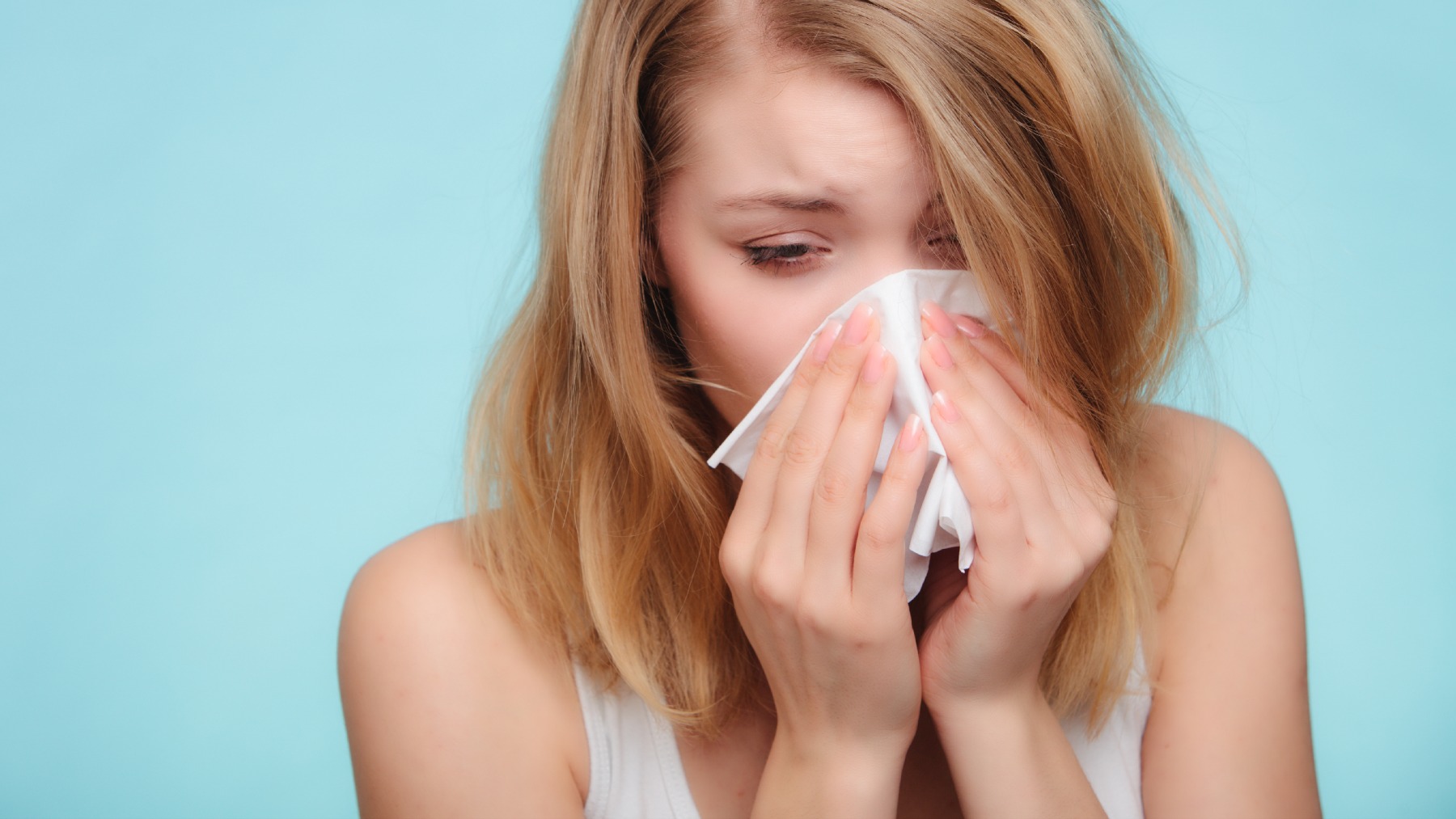How can we finally get people to care about carbon emissions even a little bit? Focus on how they are directly threatening the amount of time on Earth that we can spend snacking and sexting (clinically proven to be the preferred activities of humans in the 21st century.) Or, as The Atlantic’s James Hamblin puts it:
Researchers are learning that the most effective way around climate-policy ambivalence is to invoke imminent dangers to human health. “What’s killing me today?” with emphasis on killing and me and today.
The answer to that question is — you guessed it! — carbon emissions. As Hamblin reports, for allergy and asthma sufferers, increased carbon dioxide levels boost pollen count. One allergist expects pollen levels to double by 2040. Also fun: Fossil fuel combustion creates minuscule particles that hang around in our lungs and bloodstreams and then kill us. Air pollution caused one in eight deaths in 2012, according to the World Health Organization.
OK – so carbon emissions are threatening lives. But what kind of effect would limiting those emissions have on the economy? Those cap-and-trade programs sure seem costly!
Well, a recent study by a team of MIT researchers, published in Nature Climate Change, found that a cap on carbon emissions would end up saving $125 billion in human health costs – which would cover the projected costs of widespread emissions capping tenfold. Furthermore:
[The study’s authors] write that any cost-benefit analysis of climate policy that omits the health effects of regional air pollution “greatly underestimate[s] benefits.”
“What’s killing me today?” is obviously a far more alarming question than “What’s going to create significant economic costs in the future?” When the answer to both is the same, that could – just a thought! – be cause for action. Something to ponder between snacks and Snapchats.



